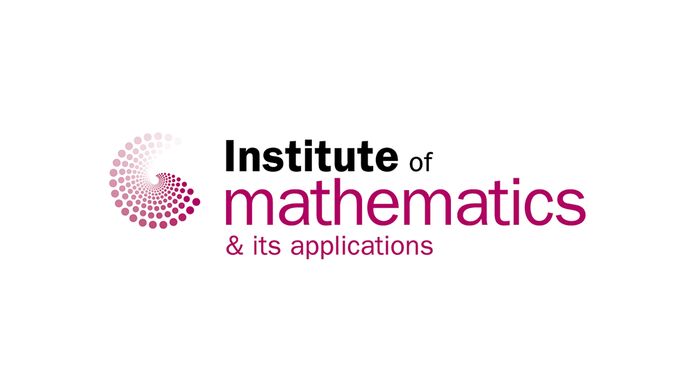Clearing is open. Apply now or call +44(0)1382 386386
Mathematical Biology BSc (Hons)
Learn how to use maths techniques and computational tools to answer problems that arise in biology

Start date
September 2025
Duration
4 or 3 years
UCAS Code
CG11
Location
Dundee City Campus
2nd in Scotland for overall satisfaction in Mathematics
National Student Survey 2024
Biology is the study of living organisms. This usually involves the study of topics like genetics, evolution, ecology, and cellular processes. So where does mathematics fit in?
The Biological Sciences are changing fast. There have been major advances in experimental techniques. The use of computational techniques from, for example, image analysis and AI is now commonplace. This has created a demand for quantitative biologists. Such scientists can use their biology, maths and computing skills to solve complex problems.
In your mathematical biology degree, you will:
- learn to apply mathematical principles to the study of biological systems
- develop core maths skills in geometry, algebra, and calculus.
- explore major biology topics, such as biochemistry, genetics, and bioinformatics.
- practice lab skills, like PCR and protein purification.
- learn programming languages used in mathematical and biological sciences
Hence you will become a logical numerate problem with specialist knowledge of biological systems.
During the first year you'll spend two thirds of your time studying life science modules to give you the biological background. You'll also begin to study university-level mathematics.
Increased employability skills
You will learn to problem solve in the context of biological systems. You will also learn how to use advanced statistical and mathematical software. Hence you will develop essential and sought after skills.
The skills that you develop could also be used in other fields. Mathematics degrees in general offer a wide range of career opportunities. We know that recent Dundee maths graduates now work across a range of well-paid and exciting jobs. These include data analysts, actuaries, accountants, software developers, teachers, academic researchers, engineers.
Passionate teaching
At the University of Dundee, our staff are committed to helping you succeed. Lecturers will get to know you personally and provide support. The “Maths Base” drop-in centre also offers extra help.
You’ll learn from leading researchers who are passionate about biology and mathematics. You’ll be taught by experts eager to share their knowledge.
Student community
At Dundee, you’ll join a friendly student community. You can become part of DUMaS (Dundee University Maths Society). Here you’ll meet other maths and mathematical biology students, join events, and feel at home.
With a strong community on your course and across campus, you’ll find plenty of chances to make friends and enjoy university life.
What can you do with a maths degree?
We take a look at ten varied jobs which you can do with a degree in mathematics.

“I’ve always really enjoyed mathematics and biology, so I was delighted to find a course that combined both. This course encourages me to look at things from two viewpoints and come up with new, innovative ideas.”
Eleonore Ocana, Mathematical Biology student
Professional Accreditation

This course is certified by the Institute of Mathematics and its Applications.
Contact our enquiry team
If you have any questions about the admissions process, studying, or living in Dundee, please contact us